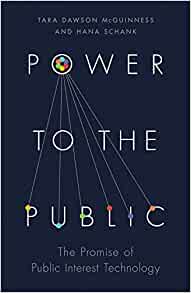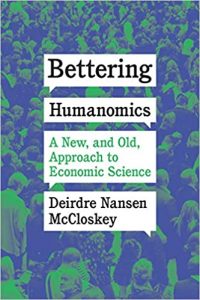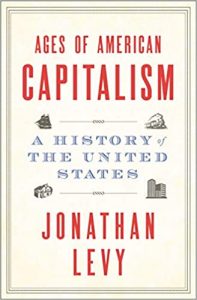I enjoyed another short book I opted for this holiday weekend, Power to the Public: The promise of public interest technology by Tara Dawson McGuinness and Hana Schank. It’s about the process of making policy and implementing it, rather than the analysis, and that’s one of the key points: that delivery of outcomes is integrated with the design of policies and the data on which analysis is based. The three ‘Ds’ are all essential, and linked to each other. I was interested in this book because we also published one (Digital Transformation at Scale) on the UK (the focus here is the US) about the digital delivery of public services, by Public Digital, the team that originally set up the Government Digital Service.
There are some clear lessons from the experiences on both sides of the Atlantic. One is that talking to the service users and administrators is essential because they contribute information about outcomes and barriers that is otherwise unknowable. Another is that thinking about the data that is not there is as important as the data that’s available, and this is why diversity of experience is important in public service delivery – a somewhat broader point than data bias. A third lesson is that the project of digitising services opens the door to changing processes and even policies – it is not just a matter or replicating paper processes online. Automating a bad policy is not a good outcome. A fourth lesson is the way the decision to digitise helps to bring about policy co-ordination that never happens at the level of policy analysis, for delivery is impossible without tackling all the obstacles to success. This means – fifth lesson – that it can be difficult and slow, and requires building coalitions of support.
The book has lots of examples and convinced me. The rapidly-growing ‘govtech’ or public interest tech movement is encouraging – for instance the US has Code for America and now New America, which these authors lead, and the UK has Public Digital, and State Up. One advantage the US has over the UK is the federal system, meaning different states can provide many opportunities to reform, and natural experiments. As McGuinness and Schank note, successful projects do require consistent political support right from the top. Let’s hope that the imperatives of having to deliver better outcomes for political reasons and needing to restore some order to the public finances during the recovery will mean that support is there.





